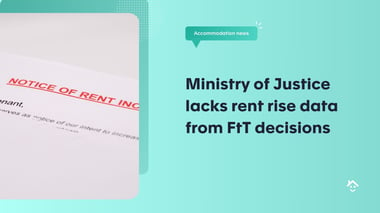As concerns mount over the financial stability of higher education institutions in the UK, stakeholders are actively exploring new funding models to secure the sustainability of undergraduate education.
A recent report from The Higher Education Policy Institute (HEPI), titled "How Should Undergraduate Degrees be Funded?", has sparked discourse surrounding the future of university funding in the country.
The report delves into various options for financing higher education, including the distribution of costs among graduates, the state, and employers.
Central to its findings is the escalating reliance on international student fees, projected to constitute a substantial portion of course fee income by 2026/27. This dependency raises concerns about the vulnerability of higher education institutions to fluctuations in international enrolments.
While international students contribute significantly to the economy, geopolitical shifts and global competition pose inherent risks to this revenue stream.
To address these challenges, the report presents a spectrum of funding models, ranging from the abolition of tuition fees to the implementation of a graduate employer levy.
Each proposal undergoes rigorous economic analysis to assess its impact on students, institutions, and the public.
The Graduate Employer Levy: A Potential Solution
One standout proposal is the graduate employer levy, wherein employers would contribute a percentage of graduate salaries to fund higher education. Advocates argue that this model aligns financial investment with the perceived value of graduates in the workforce, incentivizing employers to actively engage in the education sector.
However, the report also highlights the potential repercussions of fee increases on student application rates, with half of potential students indicating reluctance to apply if fees rise with inflation.
Rose Stephenson, Director of Policy and Advocacy at HEPI, underscores the urgency of the situation: "Higher education institutions across the UK are under financial strain. In England, the cost of higher education is disproportionately borne by graduates, and in Scotland, it is disproportionately borne by the state.
“There seems to be little public or political will to change the current system; however, without change, the financial future of the higher education system is at risk."
Stephenson emphasizes the timeliness of the report, stating, "The timing of this report is crucial to stimulate debate ahead of the upcoming general election. Politicians don't want to talk about university funding – it's toxic and there are no easy solutions.
“But ensuring that our higher education system is funded sustainably is key to the UK's growth and productivity. Approaches to funding and supporting higher education – and students – must be included in manifestos ahead of the general election."
If you are interested in letting your property to students, accommodationforstudents.com is the no.1 student accommodation service in the UK.



